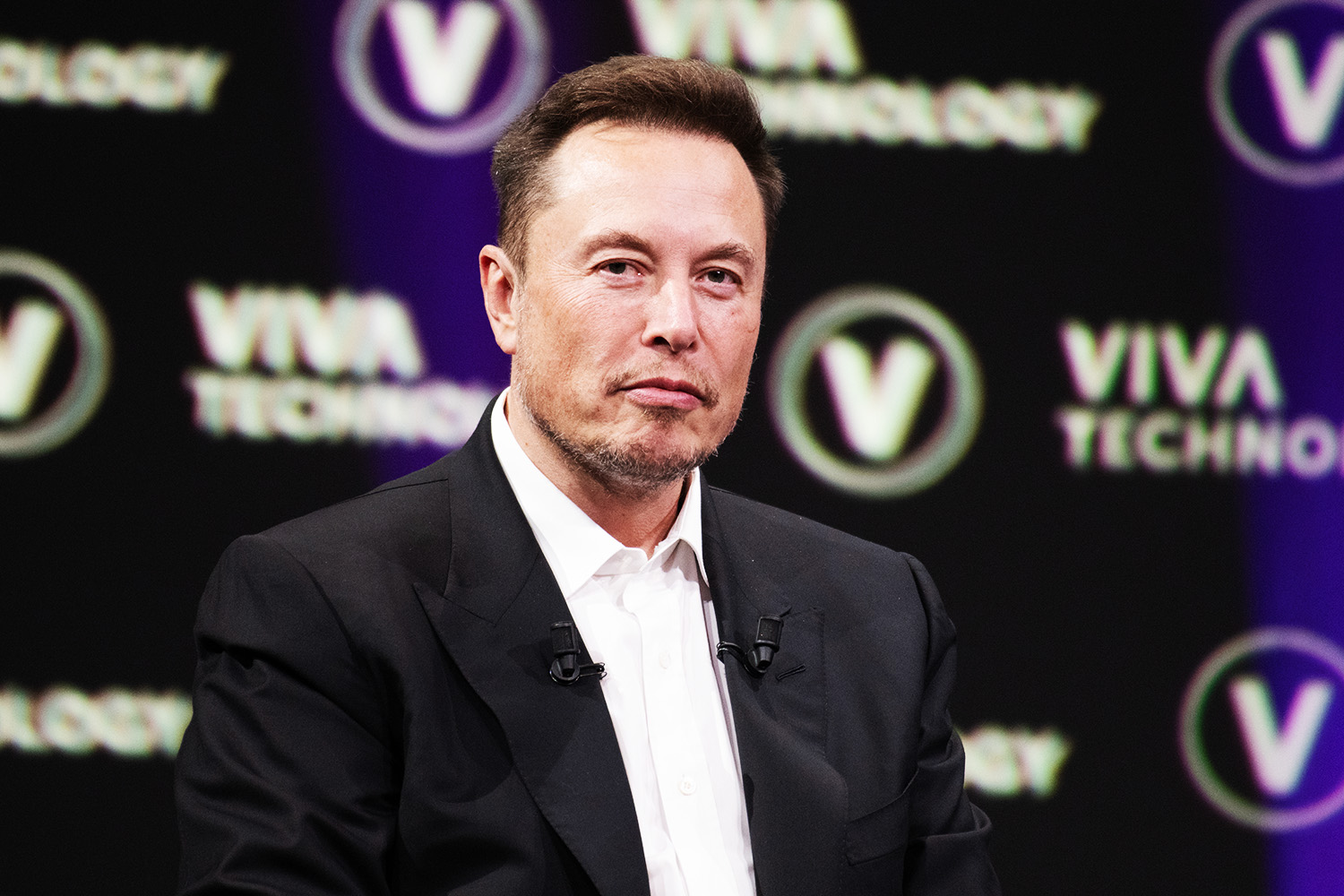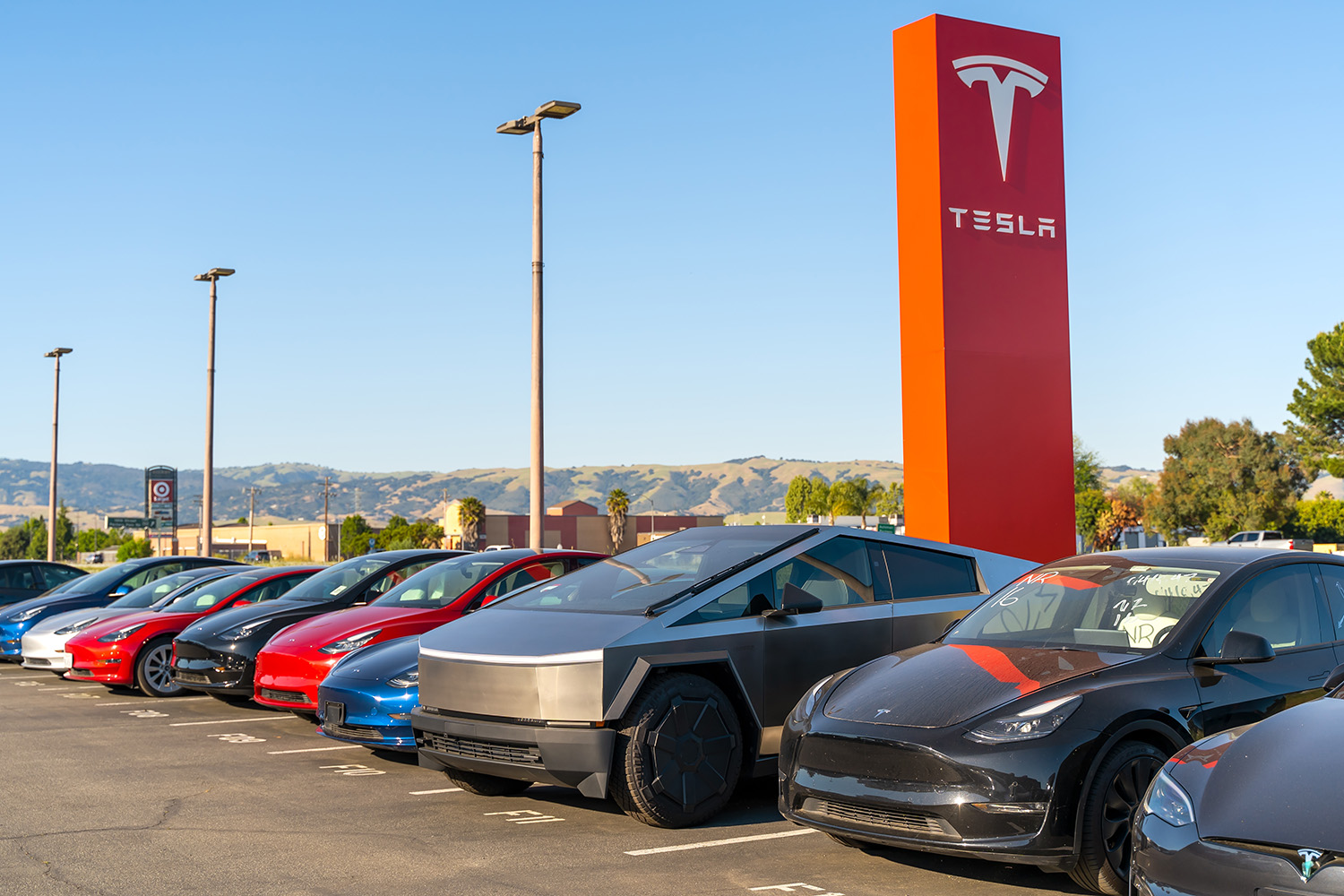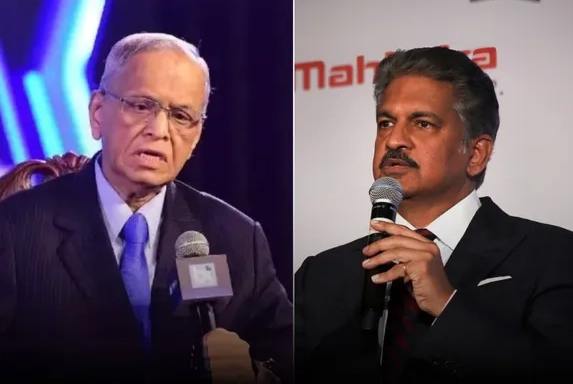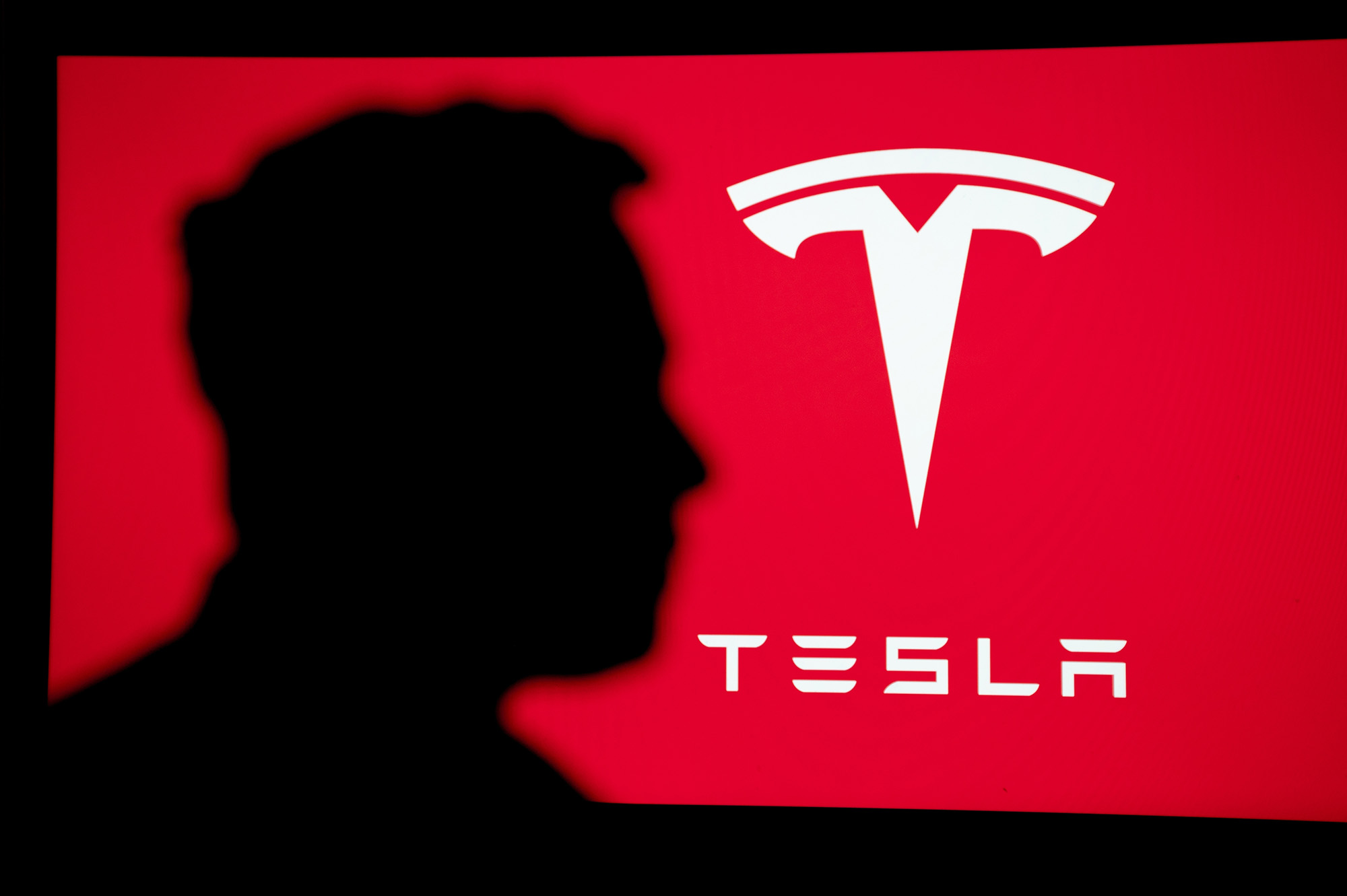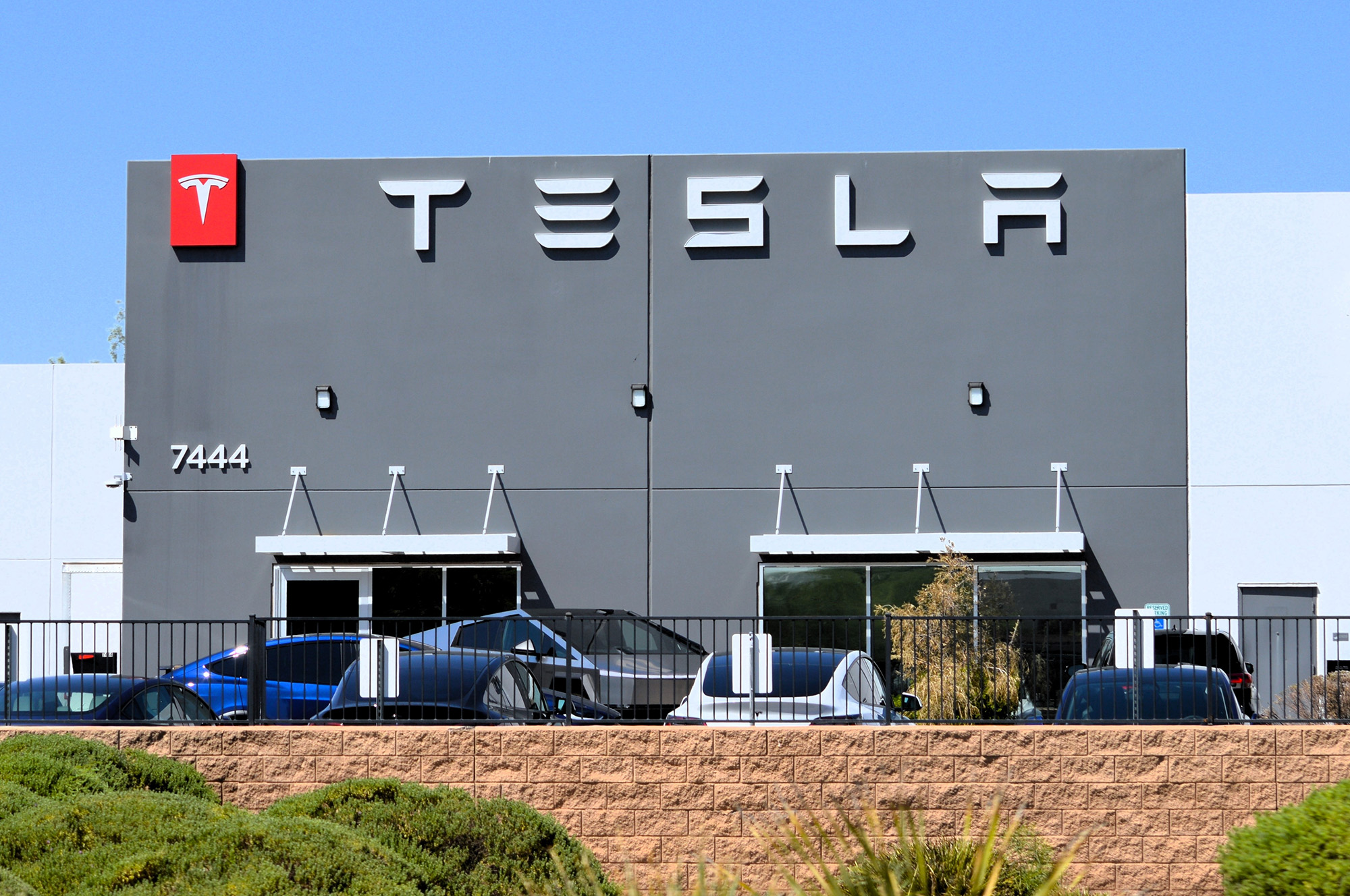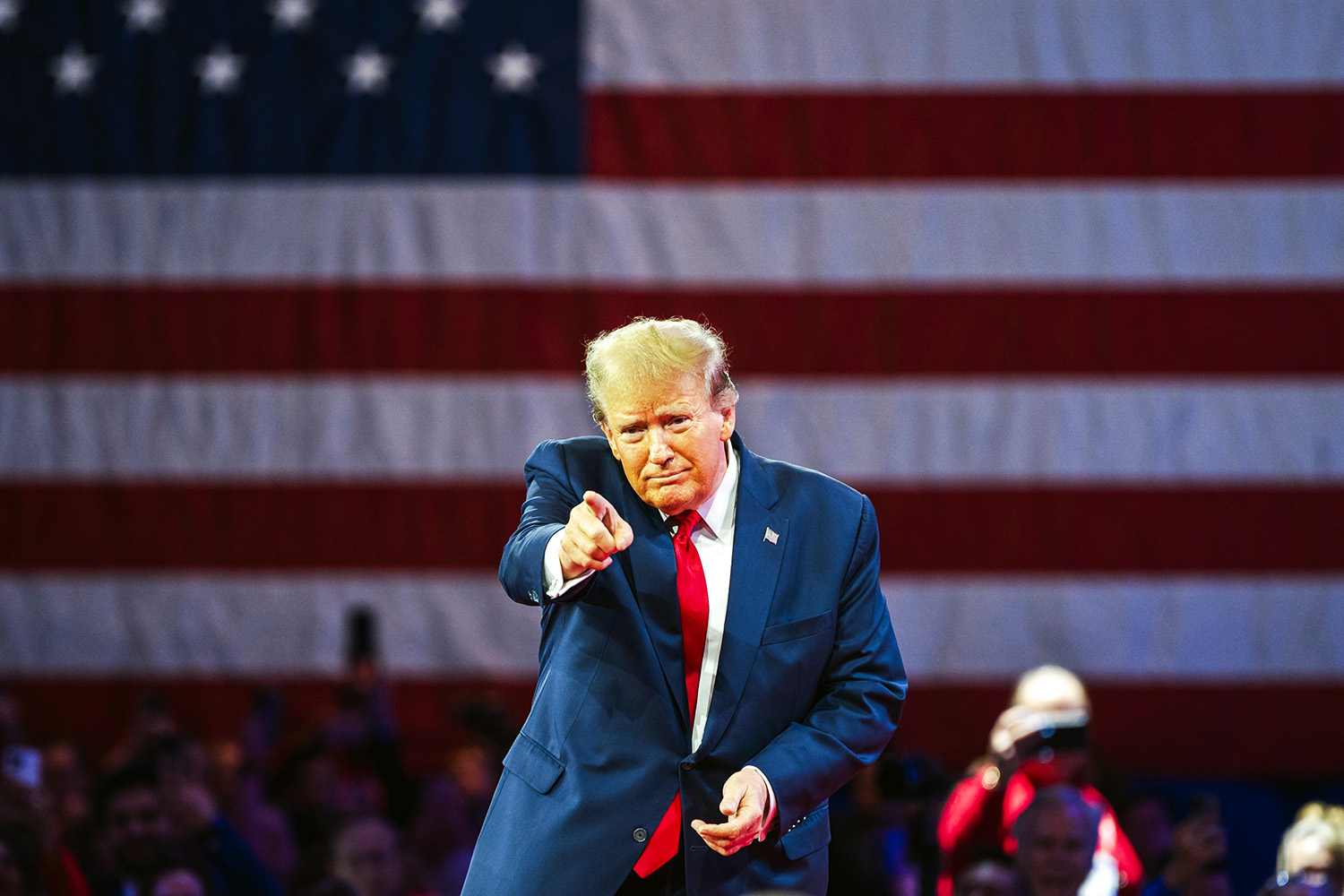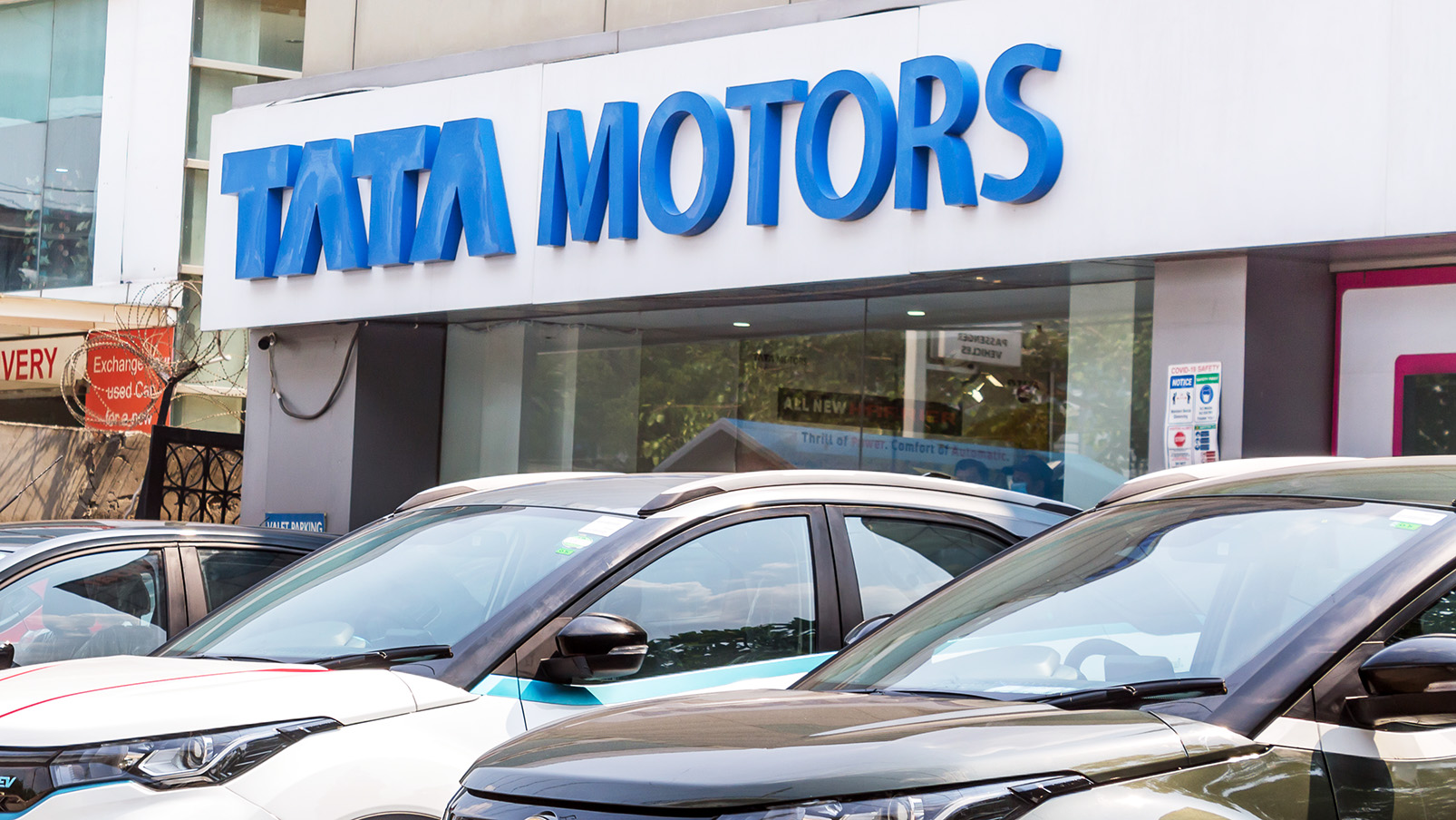The Proposed GST Revamp Has Energised Markets: Here's All You Need to Know
Daily-use items set to get cheaper; PM Modi signals rollout of next-gen GST reforms by Diwali
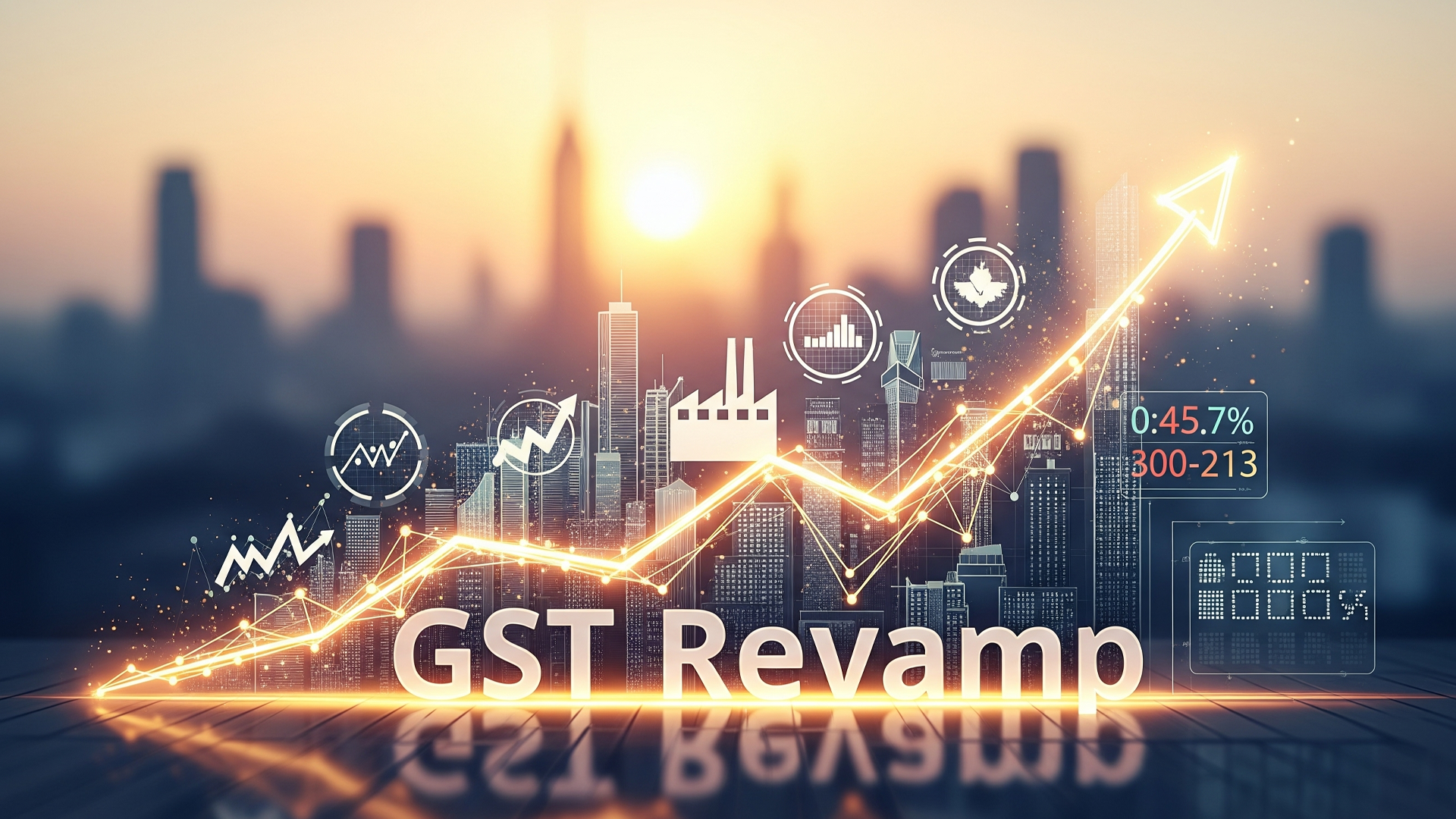
India’s indirect tax regime is headed for its biggest reset in years, and it aims to reduce the tax burden across the country. The Goods and Services Tax (GST) Council will meet in September–October to consider a two-slab structure of 5% and 18%, along with compliance reforms aimed at easing business processes and lowering taxes on daily-use items.
Such has been the buzz around this news that Monday saw both Sensex and Nifty hit new heights. The Sensex stood at 81,460.52 at 2:17 pm, up over 1%, while Nifty crossed the 25,000 in early hours of Monday. Nifty was at 24,930 at around 2:17 pm.
Prime Minister Narendra Modi, in his Independence Day address, announced that next-generation GST reforms would be rolled out by this Diwali to lower taxes on daily-use items. The Centre will begin consultations with states in the coming weeks to build consensus on the plan.
Two Slabs and a High Sin Tax
The Centre has proposed two main GST slabs, 5% and 18%, alongside a 40% rate for sin goods such as tobacco and pan masala. Nearly 99% of goods currently taxed at 12% will move to 5%, while most products in the 28% bracket, including televisions and refrigerators, will shift to 18%.
The current compensation cess would be scrapped, replaced by the steep sin tax. Essential exemptions and special rates for bullion, jewellery, and export-oriented sectors will continue.
Boost to Consumption and Growth
Currently, 67% of GST revenue comes from the 18% slab, while 7% comes from the 5% rate. While the rejig may temporarily impact collections, officials expect lower rates to spur consumption, eventually offsetting revenue losses and supporting GDP growth.
The reforms are also designed to resolve inverted duty structures that have hurt sectors like textiles and fertilisers, while cutting litigation over product classification.
Faster Registrations, Quicker Refunds
Beyond rates, the Centre has outlined structural reforms to ease compliance:
- Business registration within three days in 95% of cases
- Automated refunds for exporters and sectors with inverted duties
- Pre-filled returns to reduce mismatches and disputes
After Prime Minister Narendra Modi announced plans to rationalise GST, the Congress sought an official discussion paper on “GST 2.0.” Party General Secretary Jairam Ramesh said the reform should become a “Good and Simple Tax,” noting it was a key pledge in the Congress’s 2024 manifesto.
As legislative changes are not required, the reforms can be notified once the GST Council clears them. Given the scope of the proposals, multiple meetings are expected before final approval. If consensus is reached, the new GST structure could take effect in Q3 FY25.


